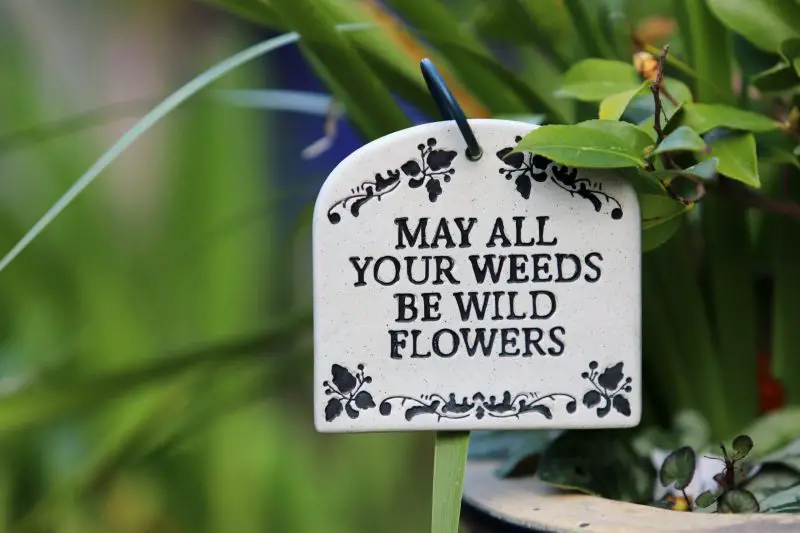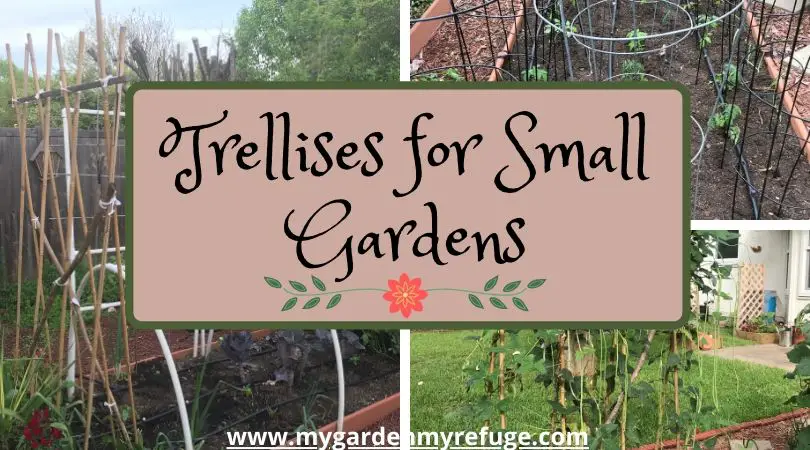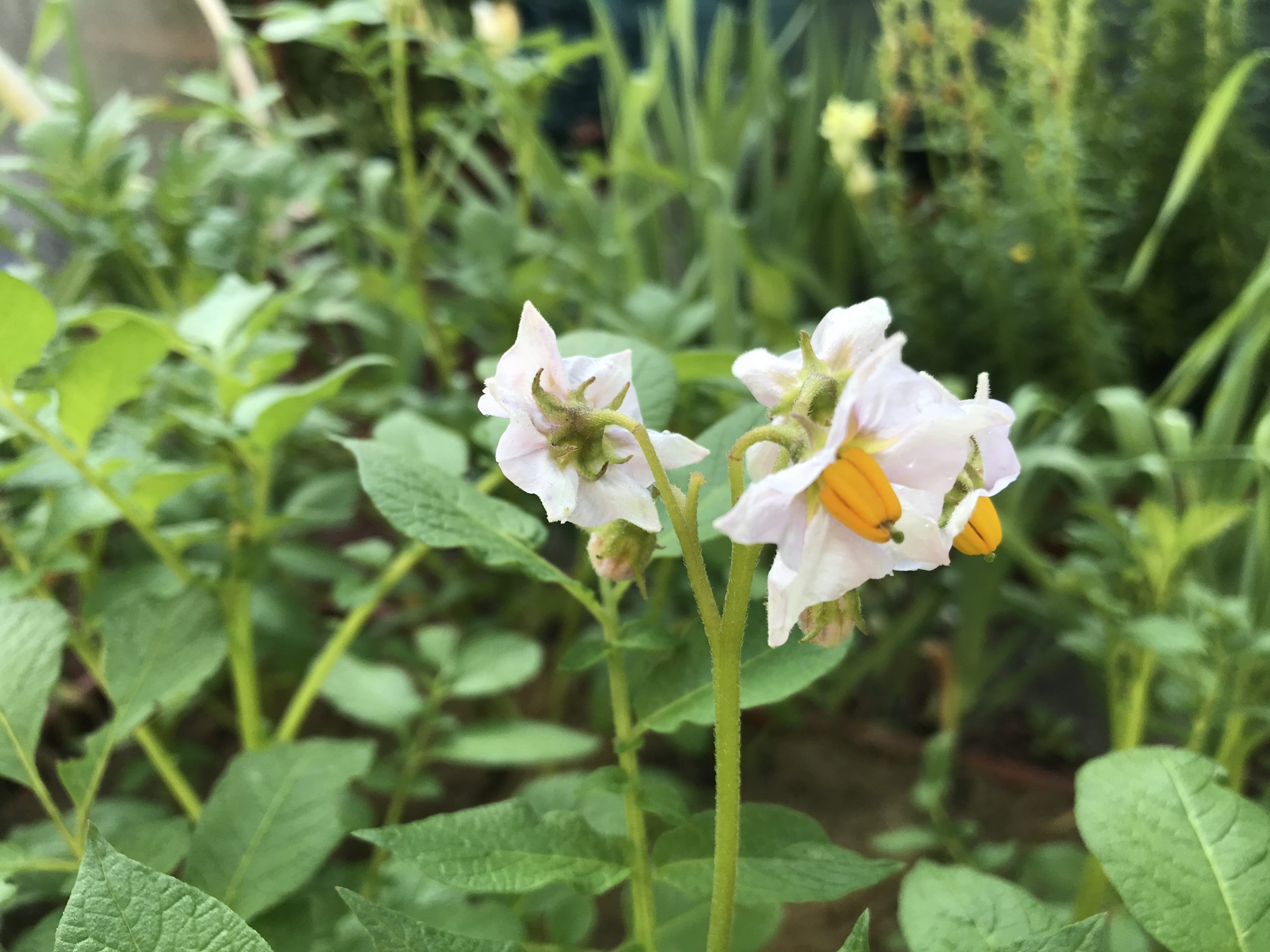As the new year kicks in, people tend to reflect on their lives and try to make new resolutions to either improve what’s lacking or to set new goals. Gardeners are no different, especially with all the changes that impact the gardening world.
By setting new goals, we can work towards a more fulfilling life. It is a chance to leave behind bad habits and adopt healthier ones, to learn new skills, to take on challenges, and to work towards self-betterment.
Let’s dive into some changes we can commit to make this year for a better and more enjoyable gardening experience.
1-Be Water-Wise
Water-wise gardening is a sustainable approach to gardening that conserves water and promotes healthy plant growth. By doing this, you can save water, reduce your water bill, and help protect the environment.
Some tips for water-wise gardening include:
- 1. Choose native or adapted plants that can handle your local climate and require less water.
- 2. Use mulch around plants to retain soil moisture by reducing evaporation. Mulch also helps reduce competing weeds around your plants.
- 3. Water plants early in the morning or late in the evening to reduce water loss through evaporation. I prefer evening watering because it gives the plant more time to absorb water after the stress of the day.
- 4. Use drip irrigation or soaker hoses instead of sprinklers to deliver water directly to the roots of plants.
- 5. Collect rainwater in barrels or cisterns for watering plants during dry spells.
- 6. Group plants with similar watering needs together to avoid over-watering some plants while under-watering others.
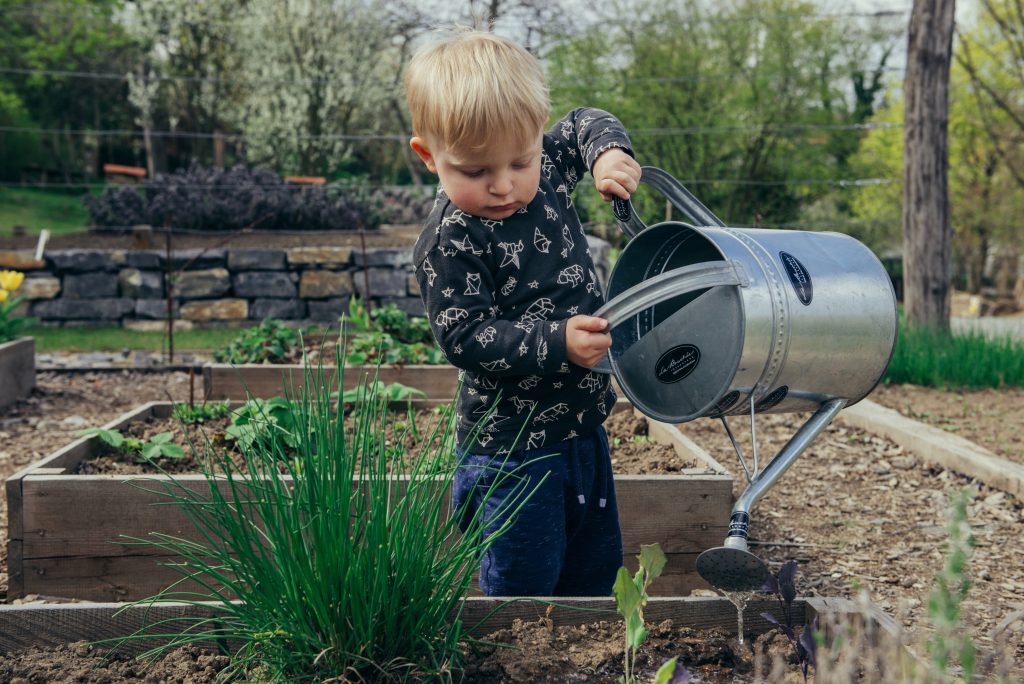
2-Make More Compost
Composting is the breakdown of organic materials, such as food scraps, yard waste, and leaves, into a nutrient-rich soil amendment. There are different ways of making compost depending on your lifestyle, so there is no excuse for not doing it.
Making compost has a great impact on the environment:
- 1. Improves soil health: Compost adds vital nutrients to the soil, such as nitrogen, phosphorus, and potassium, which help to support plant growth and improve soil structure. It also increases soil’s carbon retention from the air to then release as needed.
- 2. Reduces waste: Composting reduces the amount of organic waste that goes into landfills, where it can take years to decompose and release methane, a potent greenhouse gas.
- 3. Saves money: Composting can save you money on fertilizers and soil amendments, as you can use the compost you make to enrich your garden soil.
- 4. Enhances plant growth: Compost helps to retain moisture in the soil and improves soil drainage, which can lead to healthier and more productive plants.
- 5. Promotes sustainability: By making compost, you are participating in a sustainable practice that benefits the environment by reducing waste and improving soil health. Overall, making compost is a simple and effective way to improve soil health, reduce waste, and promote sustainability.
3-Plant A Tree
Trees play a vital role in the environment and provide numerous benefits to human beings.
- 1. Produces oxygen: Trees produce oxygen through the process of photosynthesis, which is essential for human and animal survival.
- 2. Having more trees increased transpiration leading to more chances of rain.
- 3. Trees are like solar panels to the earth. They absorb solar energy and transmit it to the earth, reducing atmospheric heat.
- 4. Reduces air pollution: Trees absorb pollutants, such as carbon dioxide, sulfur dioxide, and nitrogen dioxide, from the air and release oxygen, which helps to reduce air pollution.
- 5. Provides shade: Trees provide shade, which can help to reduce the heat island effect in urban areas and improve the comfort of outdoor spaces.
- 6. Prevents soil erosion: Trees help to prevent soil erosion by stabilizing the soil with their roots and reducing the impact of wind and water.
- 7. Supports wildlife: Trees provide habitat and food for wildlife, such as birds, squirrels, and insects, which are essential for a healthy ecosystem.
- 8. Enhances property value: Trees can enhance the beauty and value of a property, making it more attractive to potential buyers.
Overall, planting trees is an important way to support the environment and improve our quality of life.
4-Garden For Health
Gardening can have many health benefits, both physical and mental.
1. Exercise: Gardening is a physical activity that can provide a low-impact workout for the whole body, helping to improve cardiovascular health, strength, and flexibility.
2. Stress reduction: Gardening can be a relaxing and calming activity that helps to reduce stress and anxiety. Spending time in nature and focusing on the task at hand can have a meditative effect on the mind and body.
3. Fresh air and sunlight: Gardening provides an opportunity to get outside and breathe fresh air, which helps improve respiratory health. Exposure to sunlight boosts vitamin D levels, which is essential for bone health and immune function.
4. Healthy eating: Gardening can encourage healthy eating habits by providing access to fresh, organic produce that is free from pesticides and other harmful chemicals.
5. Mental stimulation: Gardening can be mentally stimulating, as it requires planning, problem-solving, and creativity. It can also provide a sense of accomplishment and pride in the finished product.
6. Building community ties: Gardening can contribute to increasing communication between like-minded people. The exchange of harvest and seeds strengthens social connections and enhances social awareness.
5-Save Seeds
Saving seeds is an important practice for gardeners who want to preserve biodiversity, save money on seeds, and ensure a future supply of healthy, locally adapted plants.
It is a skill we should try to master once we know what crops do best in our climate. After 11 years of gardening, I finally got to save some seeds from my garden. This year 2023, I had yard beans, shelling peas, saber, shishito peppers, and my favorite tomato varieties; pink Berkley and yellow pear.
- 1. Biodiversity: Saving seeds helps to preserve genetic diversity in plants, which is essential for maintaining healthy ecosystems and adapting to changing environmental conditions.
- 2. Cost savings: Saving seeds can save money on seed purchases, as well as provide an opportunity to share seeds with other gardeners.
- 3. Local adaptation: Saving seeds from plants that have adapted to local growing conditions can help to develop hardy, resilient plants that are better suited to the local climate and soil.
- 4. Sustainability: Saving seeds is a sustainable practice that reduces reliance on commercial seed suppliers and supports local food systems.
- 5. Educational: Saving seeds can be a fun and educational activity that teaches children and adults about plant biology, genetics, and ecology. locally adapted plants.
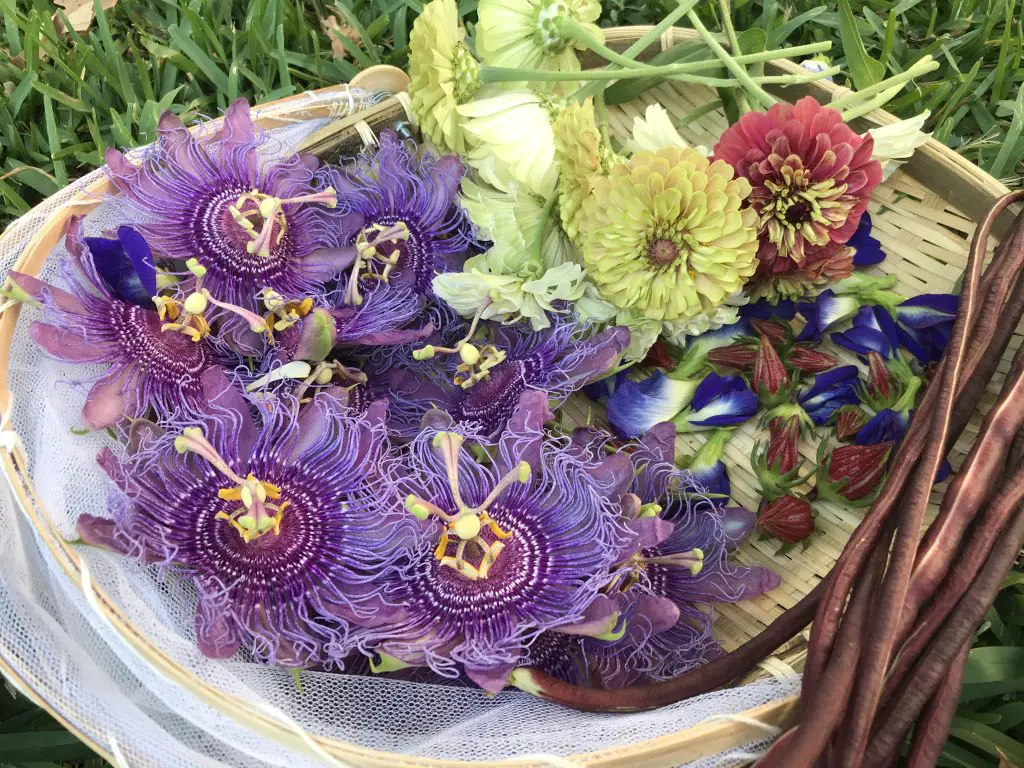
6-Plant More Flowers
Flowers can have many benefits for both the environment and our well-being.
- 1. Attract pollinators: Flowers provide nectar and pollen that attract bees, butterflies, hummingbirds, and other pollinators. By planting more flowers, we can help to support these vital species that are essential for healthy ecosystems and food production.
- 2. Enhance beauty: Flowers can add color, texture, and fragrance to our gardens and landscapes, enhancing their beauty and creating a more inviting environment.
- 3. Reduce stress: Spending time in nature and surrounded by flowers can have a calming effect on the mind and body, helping to reduce stress and anxiety.
- 4. Support the local economy: Planting flowers can support local nurseries and garden centers, as well as create job opportunities for landscapers and gardeners.
- 5. Improve air quality: Flowers absorb carbon dioxide and release oxygen, helping to improve air quality and reduce the impact of climate change.
- 6. Provide cut flowers: Planting flowers can provide an opportunity to cut fresh flowers for arrangements, adding beauty and fragrance to our homes.
7- Grow more herbs
Growing herbs is a great way to add flavor and nutrition to your meals, as well as provide a variety of health benefits.
- 1. Enhance flavor: Fresh herbs can add flavor and aroma to your meals, making them more enjoyable and nutritious.
- 2. Promote health: Many herbs have medicinal properties and can help promote health and prevent disease. For example, basil and oregano have anti-inflammatory properties, while rosemary and sage can improve brain function and memory.
- 3. Save money: Growing herbs can save money on grocery bills, as fresh herbs can be expensive and have a short shelf life.
- 4. Easy to grow: Herbs are generally easy to grow and require minimal care, making them a great choice for gardeners of all skill levels. I actually encourage my clients to start with herbs for their easy care.
- 5. Sustainable: Growing herbs is a sustainable practice that promotes self-sufficiency and reduces reliance on commercially grown herbs that may be treated with pesticides and herbicides.
- 6. Attract pollinators: Many herbs, such as lavender, thyme, and mint, can attract pollinators like bees and butterflies to your garden.
Conclusion
We might not be able to implement all these suggestions in one year, but any small change leads to a bigger impact. Life is short, we better leave a good legacy behind for the coming generations. We do not need to be famous to make an impact in this world. Leading our kids by example is the greatest impact we can make.
